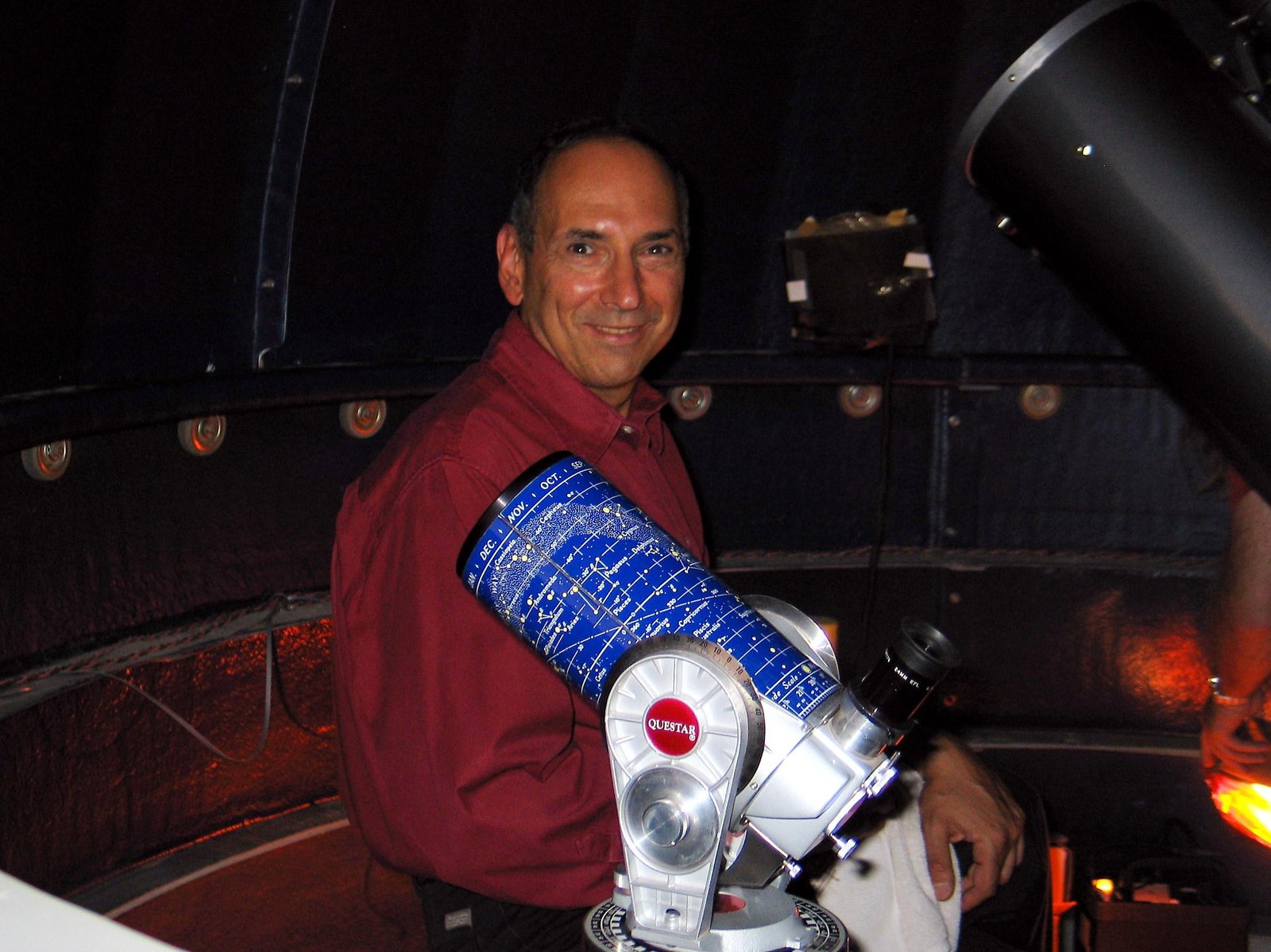arizona
Tucson’s David Levy Inspires Joy Under the Stars with New Book

David H. Levy, a self-taught astronomer, has made headlines once again with his book, “Star Gazers: Finding Joy in the Night Sky,” published by the University of Arizona Press. Despite lacking formal training in astronomy, Levy has co-discovered 23 comets and written numerous books and articles for various publications, including Parade Magazine, Sky News, and Astronomy Magazine. His new work aims to rekindle interest in stargazing among the general public.
“I hope readers feel inspired to step outside and gaze at the night sky,” Levy shared, emphasizing the profound sense of peace such experiences can bring. His enthusiasm is mirrored by fellow author Tim B. Hunter, who describes Levy’s latest publication as “a joy to read,” encapsulating the love for the cosmos it conveys.
In a recent condensed interview, Levy reflected on the thrill of discovering his first comet in 1984. “It was a feeling that goes right through your soul,” he recalled. That night, he recognized something unusual through his telescope and felt an overwhelming surge of excitement, marking a moment he describes as a spiritual peak in his astronomical journey. This sensation, he asserts, has accompanied each of his subsequent discoveries.
Levy points to the serene beauty of the night sky as a means to escape the chaos often found in daily life. He noted, “When darkness envelops the planet, you can look up and experience a vast expanse of peace.” In crafting “Star Gazers,” he drew inspiration from the historical perspective on stargazing found in William Wordsworth’s poem of the same name, written in 1806.
His fascination with the cosmos began as a child during a summer camp in Canada, where he spotted a shooting star. The moment sparked a passion that would only deepen, especially after receiving a book about planets following an accident that left him with a broken arm. Years later, seeking clearer skies, he made Tucson his home, drawn by its favorable stargazing conditions.
When discussing contemporary issues, Levy expressed concerns regarding political influences on science funding, citing a preference for independent viewpoints. While critical of political leadership, he acknowledged his respect for Elon Musk, especially relating to their shared educational background. Levy’s insights extend into the broader mysteries of the cosmos, where he mused on the question of extraterrestrial life, stating, “Are we alone? I’m sure we are not.” He believes that contact from beyond the stars may one day occur.
Finally, Levy emphasizes the importance of respecting our shared planet, advocating for wildlife conservation and a greater appreciation of the earth’s beauty. “It’s the only one we’ve got,” he poignantly remarked, underscoring the essential responsibility humanity bears towards nature.


















